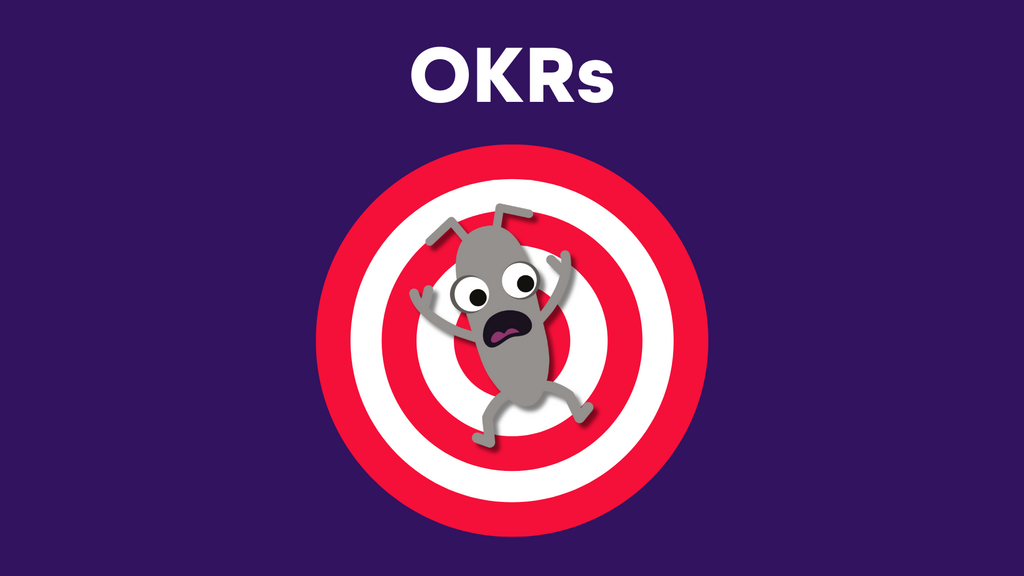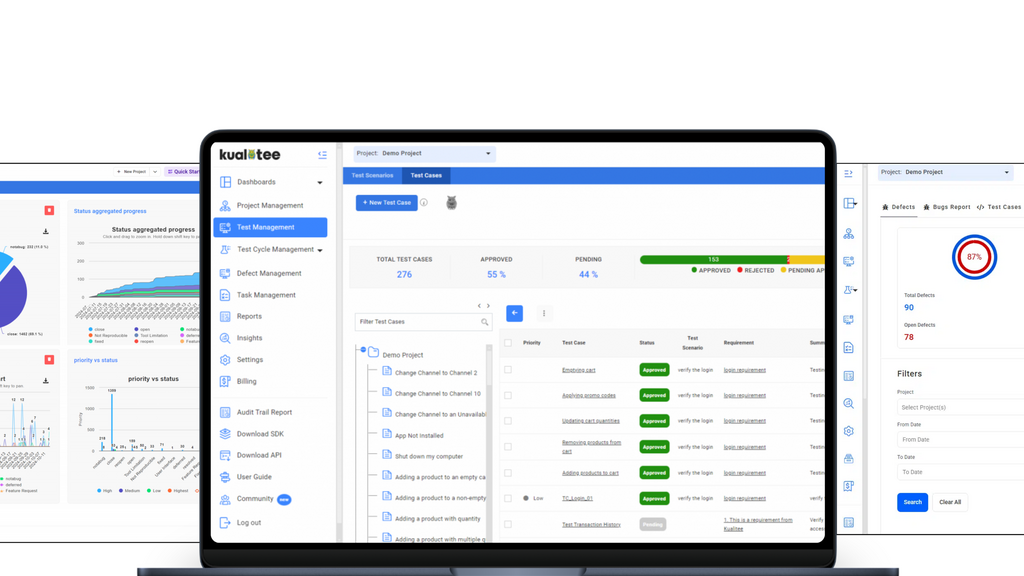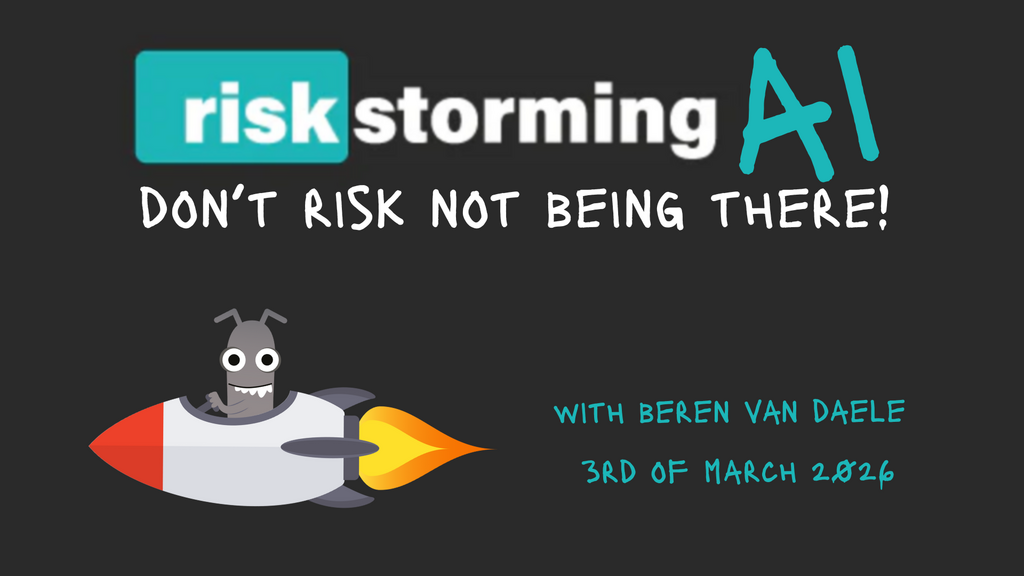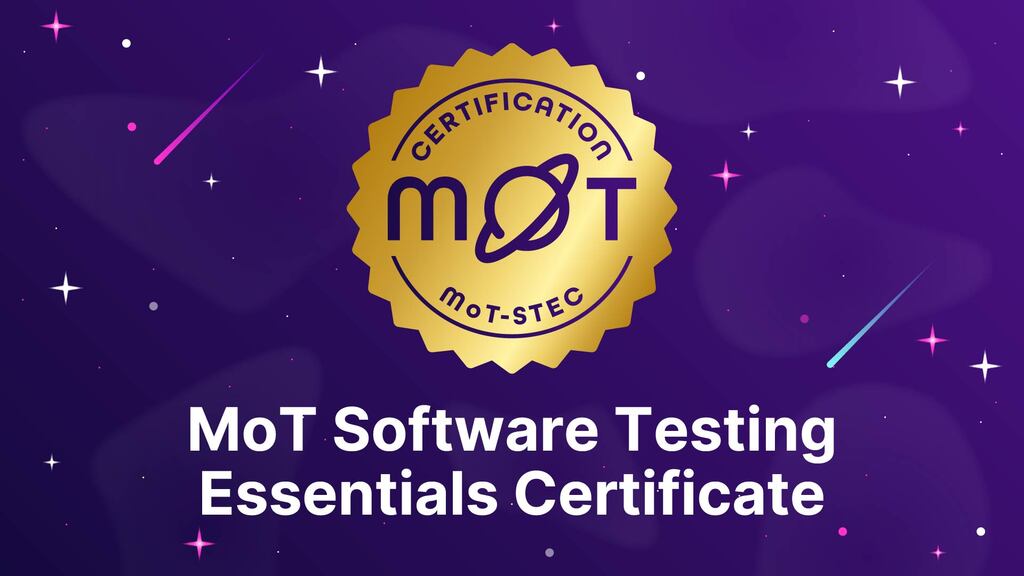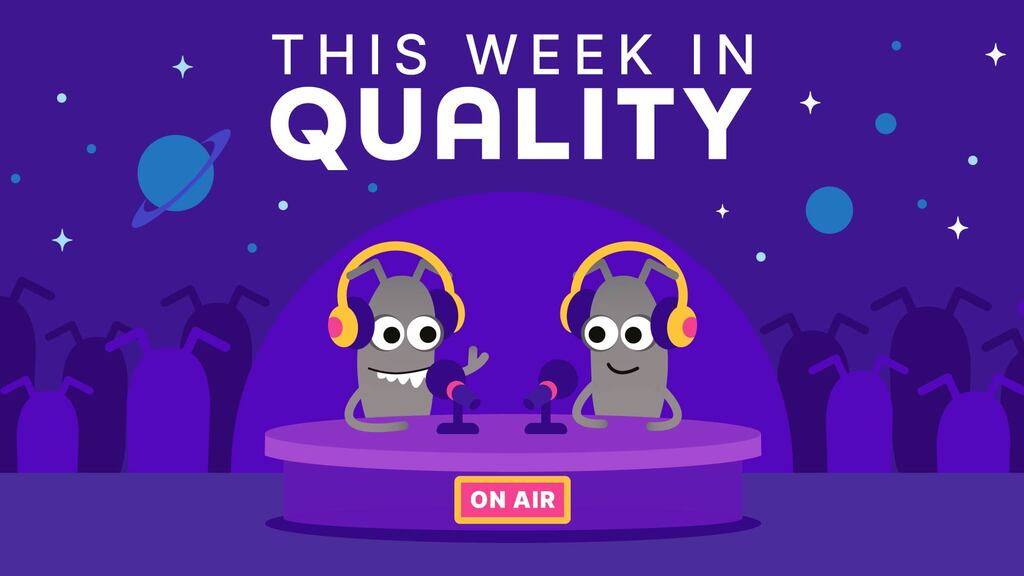OKRs stand for Objectives and Key Results. It is both a management framework and an individual tool used for setting goals and tracking the outcomes across an organisation, a team or for an individual. In the simplest terms, the Objective is what you want to achieve, and the Key Results are how you measure the progress and the level of success of that Objective.
Without making the 'Key Results' part quantifiable, they become almost useless. As an example. An Objective that says, "Make the product more profitable," is just too broad. It is noise that cannot be proven to have been achieved without a specific focus, such as 'by increasing users'. Then adding a Key Result that says, "Increase daily active users from 500 to >800 by [date]" is something you can measure and track. Just like a good requirement, an OKR must not be ambiguous. It needs to combine the Objective with clear Key Results, similar to a requirements acceptance criteria, to confirm that it has actually been met. If the criteria are vague, you will never know whether you've succeeded. Basically, an O, without good KRs, is practically pointless.
It is also important to understand the different levels of OKRs. Team goals or team OKRs are more focused on delivering shared value for the product or the business. An individual's OKRs would generally show how they directly contribute to the broader team objectives. They are slightly different from personal goals, which are more generally focused on individual growth and development, and not necessarily tied to business outcomes.
Without making the 'Key Results' part quantifiable, they become almost useless. As an example. An Objective that says, "Make the product more profitable," is just too broad. It is noise that cannot be proven to have been achieved without a specific focus, such as 'by increasing users'. Then adding a Key Result that says, "Increase daily active users from 500 to >800 by [date]" is something you can measure and track. Just like a good requirement, an OKR must not be ambiguous. It needs to combine the Objective with clear Key Results, similar to a requirements acceptance criteria, to confirm that it has actually been met. If the criteria are vague, you will never know whether you've succeeded. Basically, an O, without good KRs, is practically pointless.
It is also important to understand the different levels of OKRs. Team goals or team OKRs are more focused on delivering shared value for the product or the business. An individual's OKRs would generally show how they directly contribute to the broader team objectives. They are slightly different from personal goals, which are more generally focused on individual growth and development, and not necessarily tied to business outcomes.
